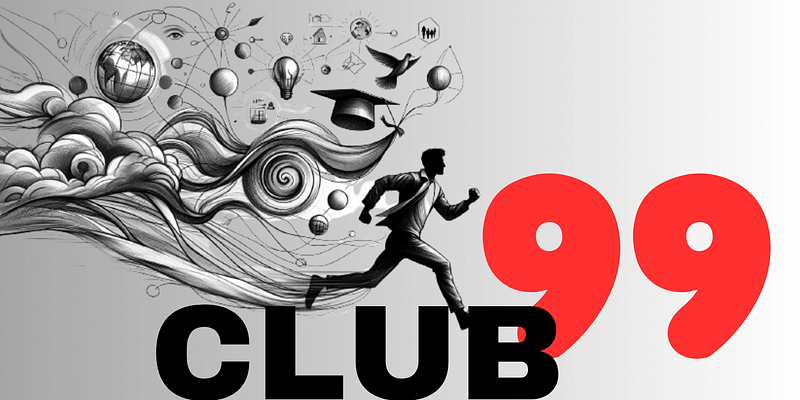
The “Club 99” mindset refers to a concept often discussed in motivational and self-help circles. It’s a metaphorical term that underscores the human tendency to be perpetually dissatisfied, always seeking the ‘one more thing’ that they believe will finally bring happiness. This term is not to be confused with Club 99 in a literal sense, which could refer to various organisations or establishments.
Understanding the Club 99 Mindset
Origins and Concept
The term “Club 99” is derived from a story or parable that illustrates human discontent. In this story, people in Club 99 are those who have 99 of something and believe that acquiring just one more would make them happier and more content. However, upon reaching 100, they realise that others have 200, and the cycle of dissatisfaction continues. This allegory highlights the endless loop of desire and the inability to find contentment in what one already has.
Psychological Underpinnings
Psychologically, Club 99 represents a state of mind where individuals are caught in the trap of constant comparison and relentless pursuit of more, whether it be wealth, success, or material possessions. This mindset is closely linked to concepts like the hedonic treadmill, where increases in wealth or status only bring temporary happiness, leading to a continuous pursuit of more.
Impact on Well-being
Living in the Club 99 mindset can have significant implications for mental and emotional well-being. It fosters a sense of inadequacy and can lead to chronic dissatisfaction, stress, and even depression. This mindset often overlooks the value of gratitude and the joy found in the present moment.
Overcoming the Club 99 Mindset
Cultivating Gratitude
One of the most effective ways to escape the Club 99 mindset is through the practice of gratitude. By focusing on what one already has and appreciating the present, individuals can find greater satisfaction and joy in their current circumstances.
Mindfulness and Contentment
Mindfulness practices encourage living in the present moment and appreciating what one has now. This approach helps break the cycle of constant desire and fosters a sense of contentment.
Setting Realistic Goals
While ambition and setting goals are important, it’s equally crucial to set realistic and meaningful objectives. Goals should not just be about acquiring more but about personal growth, happiness, and fulfillment.
Community and Relationships
Focusing on relationships and community involvement can provide a sense of fulfillment that material possessions cannot. Engaging with others and contributing to the community can bring a deeper sense of satisfaction and purpose.










